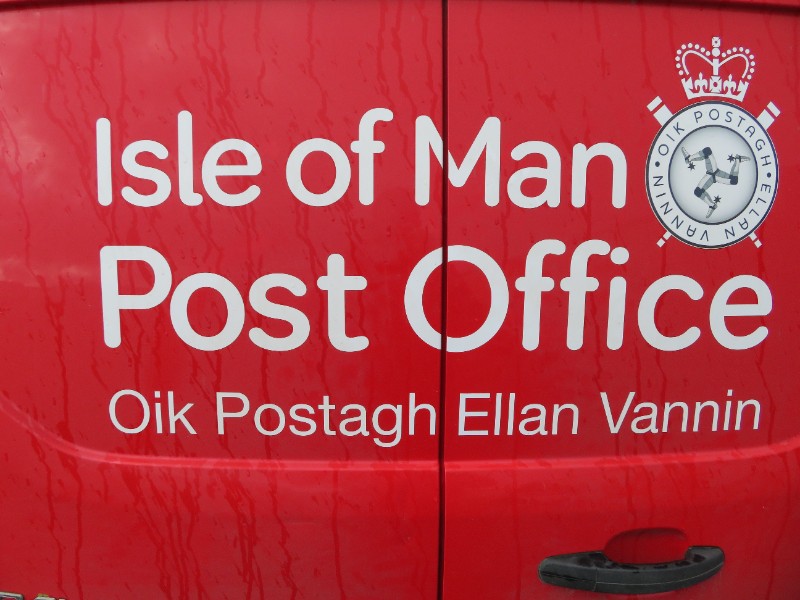
CoMin reviews policy following consultation
The Council of Ministers (CoMin) has completed its latest review of Freedom of Information (FoI) policy, ruling in favour of maintaining free access to information while resisting calls to expand the regime to additional publicly-owned companies.
The review focuses on two main issues: whether fees or cost limits should be introduced for FoI requests, and whether further publicly-owned companies should be brought within the scope of the Freedom of Information Act 2015.
Fees and cost limits
After considering consultation responses, CoMin has decided against introducing fees or cost limits for requests.
The report states this decision underscores government’s belief that transparency is a cornerstone of good governance and that FoI should remain free of charge for residents.
Section 68 of the Act gives CoMin the power to prescribe fees or set cost limits, including the right for authorities to refuse requests estimated to exceed a prescribed threshold.
Consultation explored the option of refusing requests requiring more than 15 hours of work, as well as introducing fees.
However, more than 65 percent of respondents opposed cost limits, while a majority also opposed fees, arguing that access to information is a fundamental right.
Respondents were evenly divided on whether to allow aggregation of similar requests from the same individual or coordinated campaigns, with 49.8 percent in favour and 50.2 percent against.
Meanwhile, 60 percent opposed lower cost limits for smaller public authorities.
Some respondents supported modest fees, suggesting this could deter frivolous or vexatious requests and offset administration costs.
Nonetheless, overall public sentiment leaned strongly towards maintaining unrestricted access.
Publicly-owned companies
The review also examined whether more publicly-owned companies should be added to Schedule 1 of the Act, which lists bodies covered by FoI.
Section 6 defines such companies as those majority-owned by public authorities or those exercising statutory functions.
The Isle of Man Steam Packet Company, the Manx Development Corporation and the Isle of Man Meat Company are among the additional entities that have faced repeated calls for inclusion.
Douglas Central MHK Chris Thomas has regularly pressed for the Steam Packet to be brought within scope, arguing that it should be accountable to residents through FoI.
In 2023, however, Chief Minister Alfred Cannan said extending the legislation to cover the Steam Packet would “expressly undermine” its position as a company operating commercially at arm’s length.
Consultation feedback from companies reflected these concerns.
Some highlighted that they already publish significant information, such as business plans and audited accounts, while others warned FoI could lead to disproportionate demand, require extra staffing, and jeopardise commercial relationships.
CoMin concluded not to add any additional companies at this stage.
However, the report urges companies outside the scope of the law to voluntarily publish more information as a matter of routine.
Rising demand and cost
Requests have risen on average by 17 percent each year between 2018 and 2024.
Between August 2024 and August 2025, government departments, statutory boards and offices received 985 requests.
While the overall number of requests rose, processing time fell, cutting estimated costs from £182,000 in 2024 to £167,000 in 2025.
An hourly rate of £34 was used to calculate costs, based on a 2016 consultation rate adjusted for inflation.
A small proportion of individuals accounted for a significant share of demand.
In 2024, 7 percent of requesters made 43 percent of all requests, with three individuals alone submitting 15 percent. One person made 54 requests, another 39, and a third 25.
Of the total received, 11 percent required clarification, 10 percent were refused under Section 20 as information was already publicly available, and fewer than one percent involved both clarification and Section 20 refusal.
The report acknowledges that while some requests are processed quickly, larger and more complex submissions can place heavy demands on government officers, particularly those delivering essential or front-line services.
Consultation findings
A public consultation ran from 17 March to 9 May 2025, receiving 434 responses, including from 20 organisations. Five of these were local authorities, 10 were government bodies, and the rest private firms and one charity.
The consultation revealed widespread opposition to fees and cost limits, reflecting concerns about transparency, fairness, and democratic accountability.
While some supported limited charges or aggregation of requests, the majority argued FoI should remain freely available and accessible.
Legislation
The Freedom of Information Act 2015 gives Isle of Man residents a legal right to access information held by public authorities, including government departments, local authorities, and certain publicly-owned companies.
Exemptions allow authorities to refuse requests where information is confidential, commercially sensitive, or otherwise protected in the public interest.
Practical refusals are also possible where requests are vexatious, duplicative, or exceed reasonable limits.
Future review
The Council of Ministers has committed to reviewing FoI policy again in December 2027.
In the meantime, it says steps will be taken to ensure consistency across government, including:
- Continuing training for officers in partnership with the Information Commissioner and the Office of Cyber Security and Information Assurance.
- Encouraging proactive publication of information to reduce the need for requests.
- Monitoring trends in FoI demand, response times, and developments in neighbouring jurisdictions.
- Providing training on identifying and handling vexatious requests to ease the burden on authorities.


 Inquest into death of man who died in Hillberry crash opened
Inquest into death of man who died in Hillberry crash opened
 Reduced hours for a number of sub-Post Offices come into effect
Reduced hours for a number of sub-Post Offices come into effect
 Gas regulation bill criticised for lack of clarity, accountability and purpose
Gas regulation bill criticised for lack of clarity, accountability and purpose
 Housing, healthcare and overspending some of the concerns ahead of elections
Housing, healthcare and overspending some of the concerns ahead of elections
